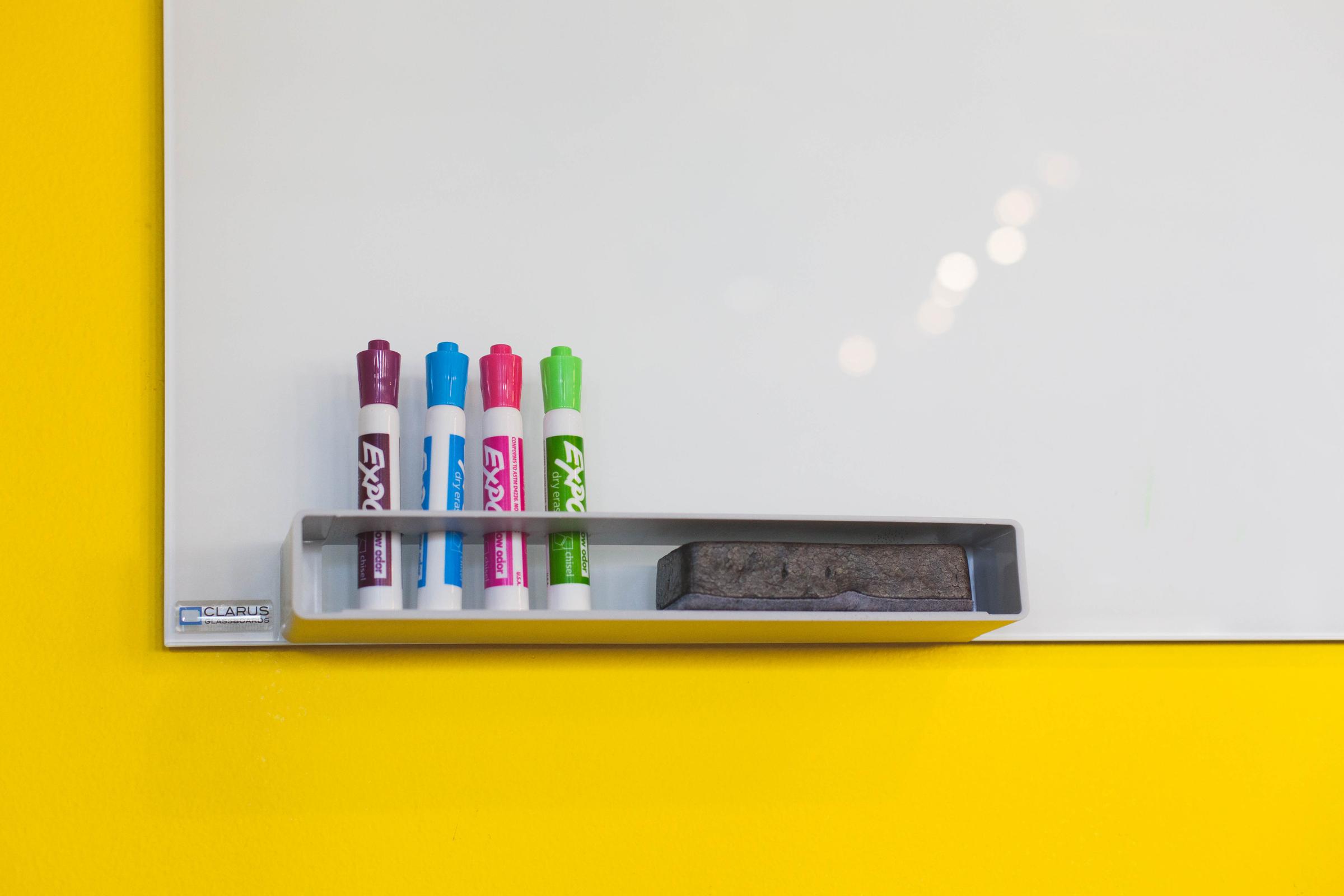Learning at St Columba's

IB Learner Profile
While on duty this past week, I noticed a Prep student hanging from the monkey bars. I went over to him to discuss what I was witnessing. I asked him why he was hanging from the bars and not moving along. He told me it was his first time having a go, and he was working on his confidence to move to the next bar. I was so impressed I stayed and watched a bit longer. I noticed that he was concentrating on how he felt hanging there, how he would transfer his weight from two hands to one, or whether he would try to jump across with two hands. I didn’t say a word. Then he moved to the next bar; he held on for a couple of seconds and fell to the ground. He didn’t complain; he didn’t brush himself off; he got back up and started the process all over again. The IB Learner Profile has ten learner attributes: caring, principled, knowledgeable, risk-taker, thinker, balanced, reflective, open-minded, inquirer and communicator. I immediately thought this was an excellent example of what we want our students to be. He was a thinker and a risk-taker, thinking carefully about his next move and then trying it. When it wasn’t successful, getting up and trying again. When planning learning engagements, teachers identify and discuss which ten learner profile attributes connect the best. They create I can statements to tune the students into the Learner Profile they will focus on during that learning experience.
Here are some ways you can support your child in demonstrating these attributes outside of school:
Caring:
- You are your child’s first role model, your child we see and imitate all the ways you demonstrate how to be caring.
- Volunteer for a community project or enter a fundraising event as a family.
- Support others when out in the community, help carry bags to a car, pick up rubbish on the ground, and care for the local area.
Principled:
- Play family games where all members follow the rules.
- Whether winning or losing a game, demonstrate good manners and congratulate the opponent.
- Encourage your child to use supportive language with teammates when participating in team sports.
Open-minded:
- Try new foods and discuss where those foods come from.
- Learn about other cultures and attend local events that celebrate different cultures.
- Encourage your child to listen respectfully to others' thoughts and ideas.
Knowledgeable:
- Inquire into new activities, games, and books and learn together as a family.
- Read SeeSaw posts together, ask your child about what they are learning at school, and engage in activities supporting their new understandings.
- Discuss age-appropriate current events with your child and get their point of view while developing their understanding of what is happening in the world around them.
Risk-taker:
- When visiting the local park, encourage your child to attempt something new or make a new friend.
- Talk to your child about areas of their learning they would like to improve. Set an attainable goal and check in regularly to see how they progress.
- Encourage your child to try a new sport or musical instrument. Support and listen to them when uncertain, providing the proper support to work through their uncertainties.
Communicator:
- Have your child send emails, write letters or engage in phone calls with relatives or friends, whether they are local or live in another area.
- Encourage your child to share their approach to solving maths when engaging in home learning activities.
- After reading a book, ask your child questions that encourage them to think about the character, the author’s purpose and make connections to the story.
Thinker:
- Have your child help make the weekly shopping list. Get them to think about all the items you need for the week and have them help you locate these items in the store.
- Provide opportunities for your child to problem-solve at home when things aren’t working. Encourage them to consider different ideas and ways to solve the problem.
- While engaging in home learning, encourage them to think about the problem differently through questioning. Ask them to find multiple solutions or ways to demonstrate their understanding.
Balanced:
- As a family, try to engage in various activities, including downtime, to rest and reset the mind and body.
- Encourage your child to engage in different structured activities without over-scheduling them.
- Model a balanced approach to screentime, work, entertainment and downtime.
Reflective:
- Review your child’s weekly SeeSaw posts with them. Discussing their reflection and learning and how they can apply this learning to their everyday life.
- Discuss your child's reading and writing goals with them. Help them work out how to work on these goals at home with you.
- After watching a movie or show, talk about the characters, what was happening, and the message the movie was trying to convey.
Inquirers:
- Let your child know you don’t have all the answers. Show them how you find solutions to things you don’t know.
- Head to the library to find books to help them with something they want.
- Support your child in responsibly using the internet and safely searching for information on things they want to learn more about.
LINK to the IB Learner Profile Attributes
Nicole Spence
PYP Coordinator
